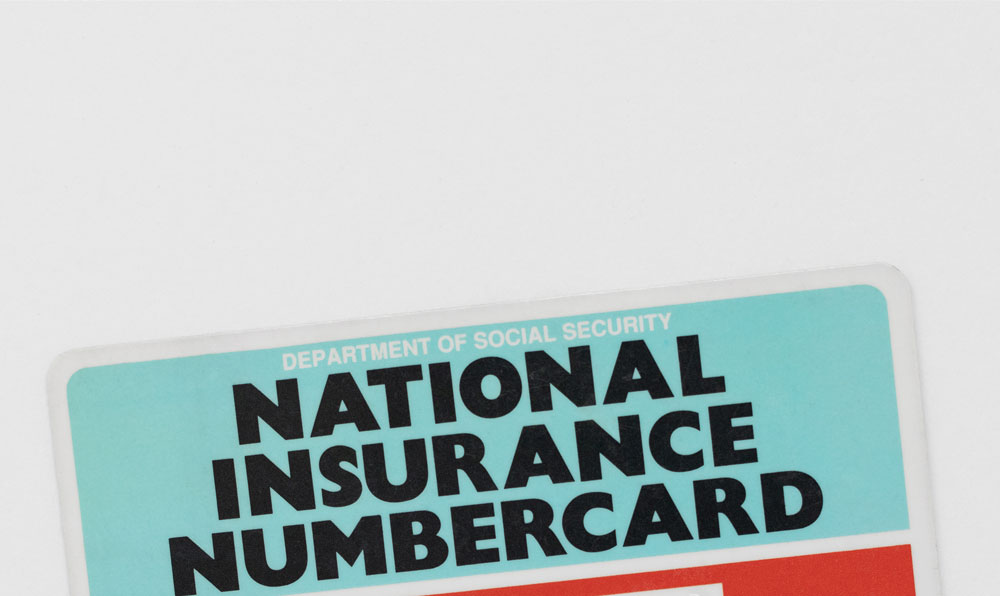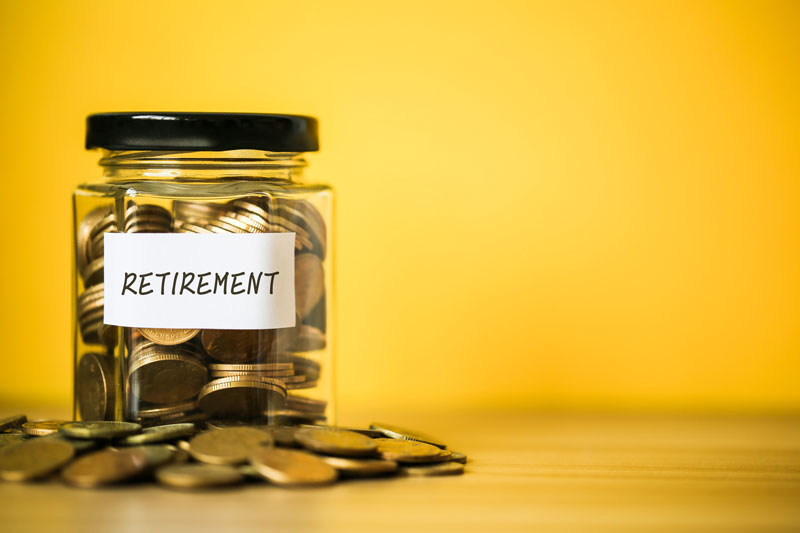
The big event of the financial calendar is finally here – the new year!
Today, we bring in the new tax year and several changes that will affect your finances.
From changes to pensions and ISAs to income and inheritance tax – it’s worth checking the changes that apply to you, and if you could be saving some extra cash this year.
Let’s take a look at what fiscal fun the next twelve months have in store…
The personal allowance, which is the amount you can earn tax-free before you start paying income tax, remains at £12,500.
The Age Allowance has now been removed, so persons in this group now have the same personal allowance.
The additional rate income tax (45%) is charged on earning over £150,000.
Once you are earning more than £100,000 a year, your allowance will progressively reduce.
It falls by £1 for every £2 earned over the £100,000 threshold, so anyone earning £125,000 has no personal allowance.
It’s worth noting that the Married Allowance also remains at £1250.

The Chancellor announced in the 2020 Budget that the National Insurance Contribution (NIC) thresholds in the new tax year will rise.
The threshold from which both employed and self-employed workers start paying national insurance will rise from £8,632 to £9,500, and any earnings above this are subject to 12 per cent NIC.
Half of UK households will benefit by £120 per year on average, according to the Institute for Fiscal Studies.
The tax-free dividend allowance will remain at £2,000 for the 2020/21 tax year.
On dividends received above the £2,000 threshold, basic rate taxpayers pay 7.5% tax and higher rate taxpayers pay 32.5%.
Additional rate taxpayers will be charged 38.1% tax on dividend income over the allowance.
The dividend tax does not apply to investments held in an Isa or a pension.
The annual capital gains tax allowance will rise from £12,000 to £12,300.
Higher and additional rate taxpayers will have to pay 20% on capital gains, whilst lower rate taxpayers will only pay 10%.
The only exception is for second properties, including buy-to-let investments. Capital gains on these investments will be taxed at 28% for higher and additional rate taxpayers. It decreases to 18% for basic rate taxpayers.
Inheritance tax is payable at the rate of 40% if the value of your estate exceeds the nil-rate band which is £325,000.
The residence nil rate band, or home allowance, is an additional threshold that reduces the Inheritance tax payable on your estate.
This is designed to make it easier for families to pass on the family home.

Most people are allowed to pay up to £40,000 into their pension in 2020/21, known as the annual allowance.
Previously, any earnings above £110,000 would see the annual allowance start to taper off, until someone earning over £210,000 could only pay £10,000 into a pension.
However, from 6 April 2020, the threshold at which the annual allowance begins to taper off will rise to £240,000.
This change has partly been made to avoid penalising doctors for picking up extra shifts.
The lifetime pension allowance, which is the maximum amount you can take out of your pension without triggering an extra charge, is also rising in line with inflation to £1,073,100.
For further help and advice on your pension, get in touch with our experts.
You can once again save a total of £20,000 in an ISA in this tax year, where your earnings will be completely tax-free.
The limit applies to Cash ISAs, Stocks and Shares ISAs and Innovative Finance ISAs, and the allowance can be spread between all three types.
You can save £4,000 a year into a Lifetine ISA, and this can be used towards the cost of buying a first home or for retirement.
If you’re looking to buy a home, there’s also the Help to Buy Isa, but this is no longer available for new savers.
Those who opened a Help to Buy Isa before the Isa closed to new savers in December 2019 can save up to £3,400 in the first year and then £2,400 each year afterwards.
Finally, the Junior Isa allowance has risen dramatically for the 2020/21 tax year, from £4,368 to £9,000. This same limit applies to Child Trust Funds (CTFs). It has previously risen every year in line with inflation.
Here at Edward Mellor, we offer free expert pension and investment advice to anyone who needs our support.
We aim to help you make the most out of your hard-earned savings – which so many fail to do.
Call us today on 0161 443 4840 or email [email protected].
Get in touch today and let us help make your savings work harder for you this financial year.
Ask the experts | Q&A with Equity Release Mortgage Expert, Chris Grindey